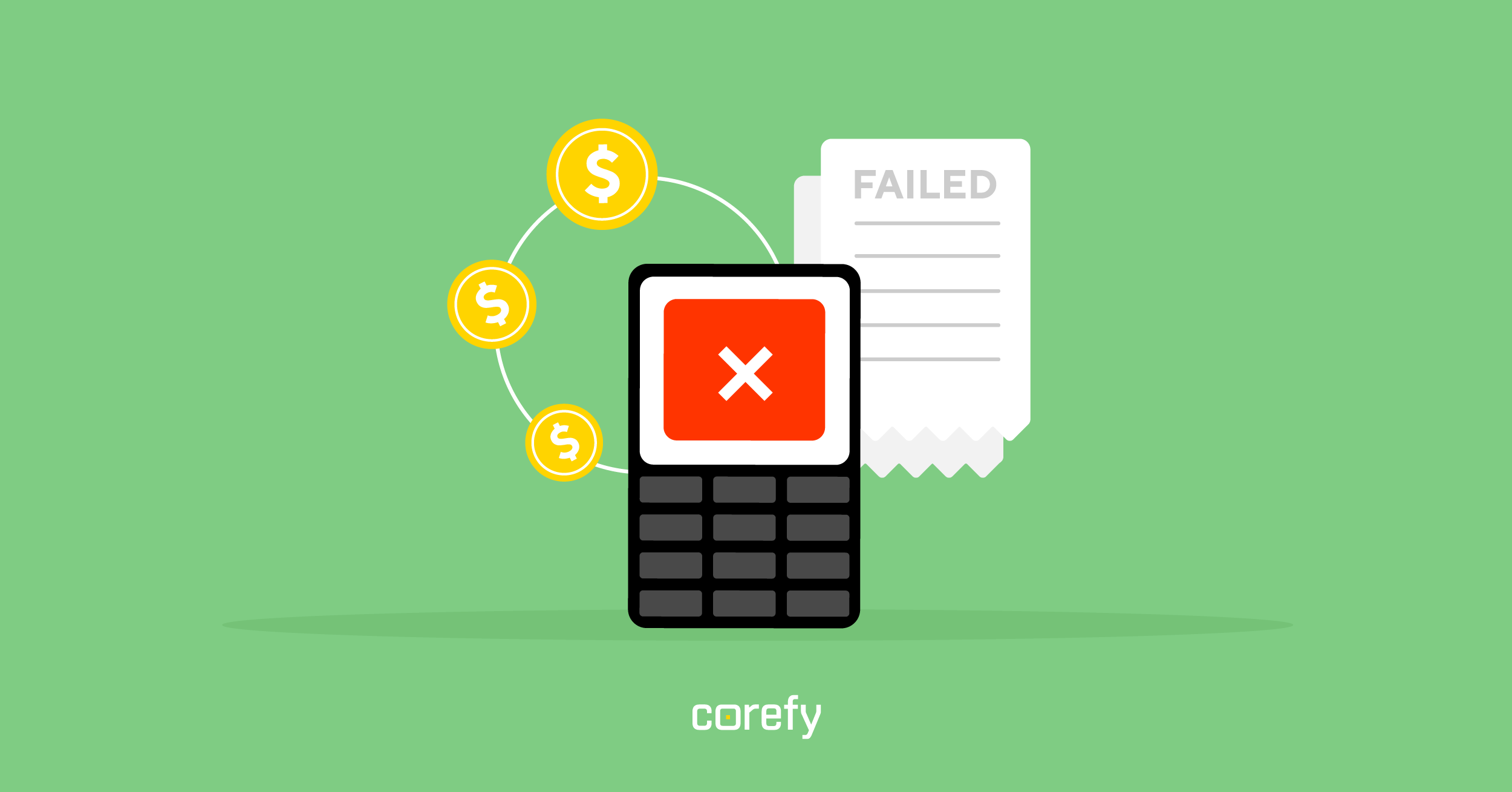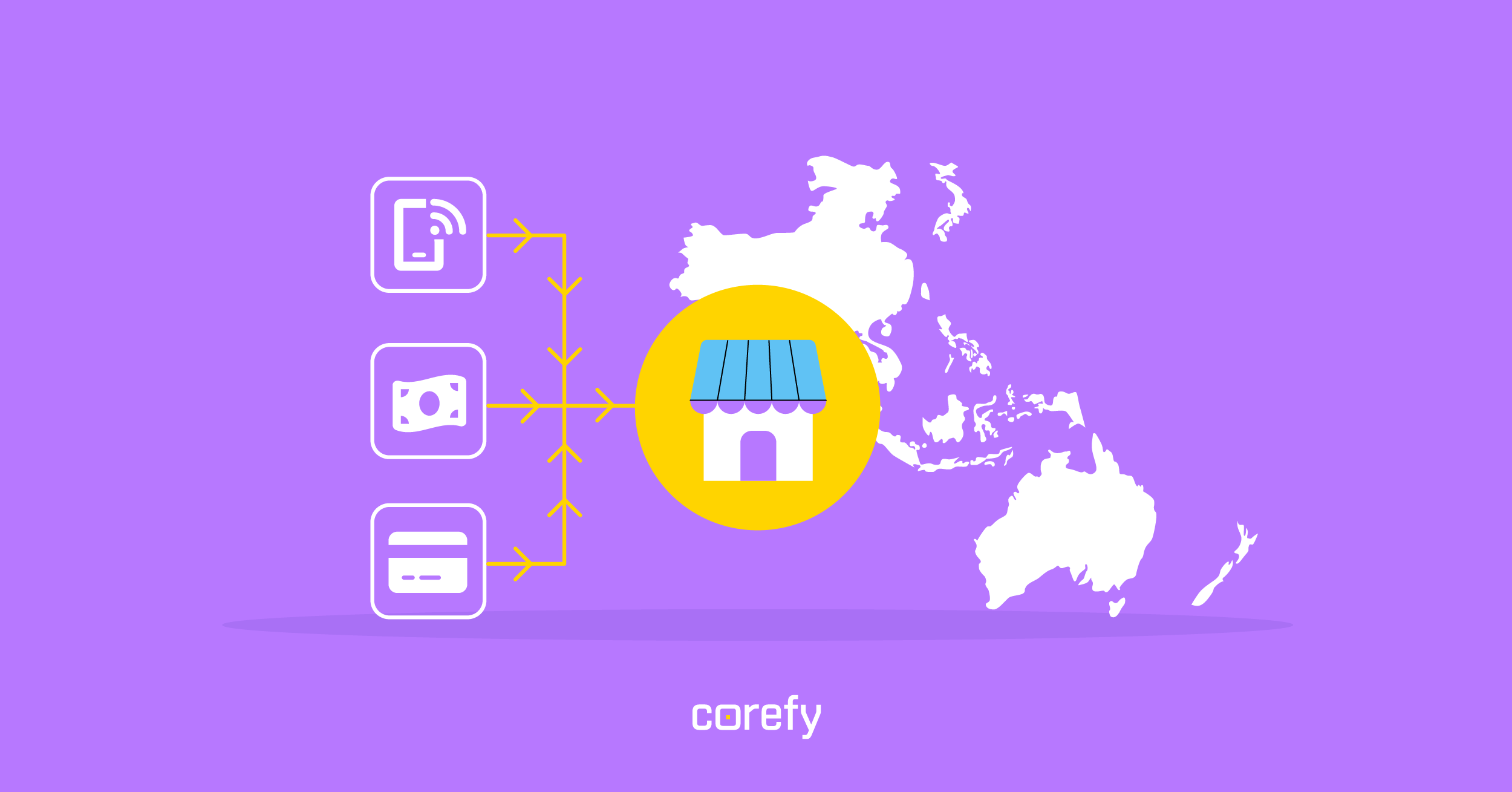You'd probably mention gambling if somebody asked about the most disreputable industry. Legislation of gambling sites is pretty complicated, especially for newcomers. By starting an online gambling business or developing an existing one, entrepreneurs often wonder: which markets to target? Where is online gambling legal in the world, and where is the licensing procedure required?
In today's digital age, online gambling has become a global phenomenon, offering entertainment and excitement to millions of players worldwide. From the bustling casinos of Las Vegas to the virtual tables of international online casinos, the world of online gambling is as diverse as the countries that regulate it. This article explores the intricate web of laws on gambling that govern where and how individuals can place their bets, delving into the countries where gambling is legal and illegal, the states where gambling is legal in the US, and the nuances of online gambling regulations across the globe.
The insights below will enlighten you and help define what markets are best to target.
Where is online gambling legal: 4 geographies to consider
Understanding where gambling is legal in the world is crucial for both players and operators looking to engage in online gambling activities and ensure compliance with the laws of specific jurisdictions. Many countries have enacted legislation that allows online gambling, creating a global market for operators and providing opportunities for players to enjoy their favourite casino games from the comfort of their homes.
With the continually evolving landscape of online gambling regulations, it's essential to stay updated on what countries allow online gambling and when it was legalised in specific jurisdictions to enjoy an immersive and secure online gambling experience.
Europe
According to Statista, the total European gambling market is forecast to reach 126.3 billion euros by 2026. European countries organise their gambling services autonomously. Generally, Europe has been at the forefront of online gambling market regulation, with several countries implementing comprehensive frameworks to govern this industry. Some prominent jurisdictions where online gambling is legal and regulated include the United Kingdom, Malta, Gibraltar, Isle of Man, and Alderney. These countries have established licensing authorities that oversee online gambling operators, ensuring consumer protection and fair play.
The European Gaming and Betting Association (EGBA) is a dedicated organization aiming to establish a transparent, competitive, and well-regulated market for online gambling operators offering their services in Europe.
American countries
The legal status of online gambling in North America varies significantly. Gambling regulations in the United States are complex: each state has the authority to regulate or prohibit online gambling within its borders. About half of all states, including New Jersey, Nevada, Pennsylvania, and Delaware, have legalised online gambling as of 2022. Online gambling in Canada is allowed, but gambling laws and regulations vary by province.
South America has seen a mix of online gambling regulations. In Mexico, online gambling is legal, and the Ministry of the Interior regulates the industry. The same is true in Argentina – it is legal, and they control it at the provincial level, with some provinces offering licenses to operators. Brazil has passed legislation to legalise sports betting but has yet to regulate online gambling fully. In Colombia, online gambling is legal and regulated, with a licensing system in place to ensure the industry's integrity. Generally, Latin America's online gambling gross revenue is forecast to grow significantly until 2026.
Asia
Asia presents a diverse landscape when it comes to online gambling legality. In some countries, it is fully legal and regulated, while others have stringent restrictions or a complete ban. For instance, the Philippines is a popular hub for online gambling operators and grants licenses to companies that meet the required criteria. In contrast, China strictly prohibits all forms of gambling except welfare and sports lottery. Hong Kong and Macau, as special administrative regions, have their own legislation for online gambling. Other countries where online gambling is legal in certain areas include Japan, South Korea, and Singapore.
Oceania
Australia has a well-established online gambling industry, and it is legal for Australian residents to engage in online sports betting and lottery games. For instance, the gambling industry contributed around 420 million AUD to the economy in 2022. However, the Interactive Gambling Act of 2001 prohibits providing and advertising any interactive online gambling in the country. New Zealand allows online gambling, but the operators must be based outside the country. The regulatory frameworks in both countries aim to protect consumers and prevent problem gambling.
The legality of online gambling varies significantly across different regions of the world. Some countries embrace online gambling and implement robust regulatory frameworks, while others adopt strict regulations or outright bans.
Gambling business regulation across the world
Virtually every country has its own rules for regulating the gambling industry today. However, the situation with online gambling laws is quite ambiguous. As you see, the attitude towards local and foreign operators differs fundamentally from state to state.
For example, in the European Union, the activities of foreign gambling sites are subject to the requirements of EU legislation. That means the countries from the EU must comply with it. However, not all states support the idea that foreign operators do not pay taxes to the local treasury. Contrary to EU requirements, they re-subordinate foreign operators to their regulation rules, forcing them to obtain a local gambling license and to pay taxes to the local budget. France, Germany, and Italy do it, for example. The second reason for such a difference in attitude towards local and foreign operators is that many countries (especially those with weak technological development) do not have the necessary resources or tools of influence to prevent foreign companies from operating in their territories.
Navigating global gambling regulations
Check our podcast with Paul Foster, the Founder & CEO of Crucial Compliance. In this episode, Paul provides valuable insights into the challenges faced by gambling operators worldwide, from navigating the diverse landscape of state regulations in the US to the evolving dynamics in jurisdictions like Curacao.
Through real-world examples and successful strategies, Paul offers a nuanced perspective on the current state and future compliance trends in the global gambling industry. Key topics include trends in licenses, regulations, and compliance efforts, investor perspectives, regulatory controls over payments, and the impact of emerging technologies like blockchain and AI.
Whether you're a seasoned industry professional or just curious about the complexities of gambling regulations, this podcast episode offers essential insights into evaluating regulatory decisions, managing multiple licenses, and balancing compliance with user experience. Tune in now to better understand the ever-evolving world of gambling regulations.
Quick gambling legislation note
- Thirty-two countries prohibit locals from working without a license, but gambling sites from abroad can safely offer their services to residents. Among them are the following countries: Seychelles, Armenia, Dominican Republic, Greece, Monaco, Norway, Canada, Sweden, Switzerland, etc.
- Thirty-two countries allow all gambling sites to operate only under a local gambling license — for example, Austria, Denmark, Finland, France, Great Britain, Netherlands, etc.
- Twenty-eight countries ban residents from gambling and block the sites of local gambling operators. However, foreign sites can operate freely, even if they do not have a license. The governments of these countries, for example, Australia, Brazil, New Zealand, Mexico, Japan, Singapore, Nigeria, etc., are either unwilling or unable to prevent them.
- Ninety-three countries do not ban or license online casinos. These include the following countries: Bolivia, Uruguay, Venezuela, Bahamas, Argentina, Egypt, Kenya, Tunisia, Kosovo, Gibraltar, etc.
Online gambling payment processing
Launching an online gaming business, ensure you have a reliable partner to process your gambling payments. The vital point is to enable your customers to deposit money and withdraw their winnings easily. To do so, platforms and operators should offer gamblers multiple payment options. The wider the project's geography, the more payment methods should be on the list. Please pay special attention to local and alternative payment methods, for they attract more customers.
Ensure the provider you choose offers a holistic service, including:
- reliable gambling payment processing;
- fraud detection mechanisms;
- proper risk management;
- support for multiple currencies & methods.
A relevant payment partner will improve your customers' experience and benefit your business.
How Corefy helps
Corefy covers all essential aspects and represents an all-in-one solution for the online gambling business. We combine everything required to accept payments and send payouts globally — 1200+ payment service providers and 400+ payment methods to cover all geographies your business targets.
Our team is ready to assist you and share our expertise not only in the Eastern European market. If you’re launching a gambling business or running and developing an existing one, contact us to learn more about gambling payment processing and choose the best-suited offer for your business needs.
Conclusion
The world of online gambling is a complex tapestry of legality and regulation. While some countries embrace it with open arms, others maintain strict laws prohibiting any form of online wagering. Whether you're a player seeking legal online casinos or an industry enthusiast curious about gambling laws by country, understanding the global landscape is essential. With ongoing changes and advancements in technology, the future of online gambling promises to be an intriguing journey for players and policymakers alike.













